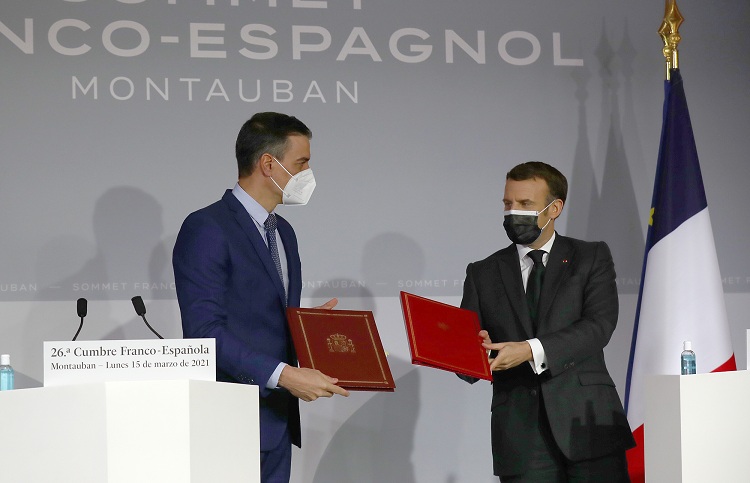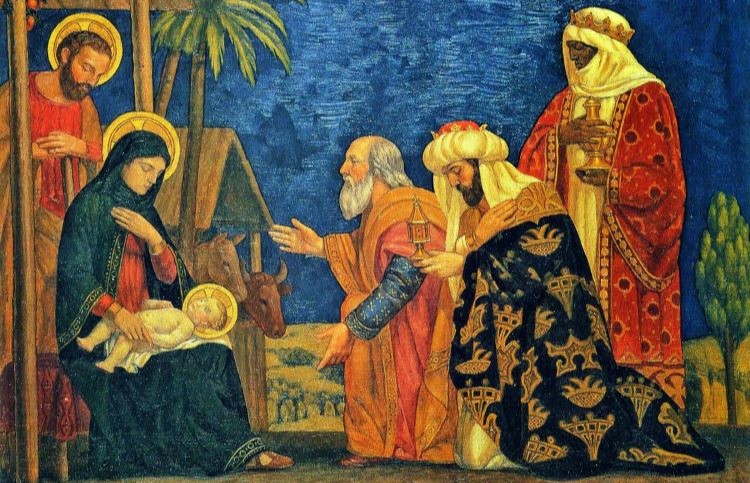The Diplomat
The Minister of the Interior, Fernando Grande-Marlaska, and the Minister of Foreign Affairs, Arancha González Laya, yesterday called for strengthening the “external dimension” of European migration policy through effective cooperation with African countries of origin and transit in order to prevent irregular immigration.
“Our experience as a frontline country is that the only way for a successful migration policy is to invest in the long term in relations with countries of origin and transit, and to build comprehensive relations based on mutual trust”, said González Laya during his participation by videoconference in the EU Council of Ministers of Foreign Affairs and Home Affairs, dedicated to the phenomenon of migration and negotiations on the future Pact on Migration and Asylum.
For his part, Grande-Marlaska assured that the priority for Spain is the prevention of immigration at source, and that for this it is essential to build “a permanent dialogue” and work side by side “with our African partners”. For this reason, the Minister of the Interior defended the EU’s financial support for “projects to reinforce the operational capacities of the security forces of the countries of origin and transit of migratory flows”.
The two ministers also presented the proposal for the Team Europe initiative in the field of migration, which aims to combine the efforts of the Commission and the Member States to carry out cooperation and operational support projects in the priority countries of the migratory routes and whose “main objective” is to reduce irregular migration flows to Europe “through prevention at source”, according to Gonzalez.
Likewise, Grande-Marlaska and González Laya defended the use of the Neighborhood, Development and International Cooperation Instrument (NDICI), whose use in the migratory field “already has a proposal made by the Government of Spain that could replace the extinct Emergency Trust Fund for Africa”, according to the Executive. The Trust Fund, they recalled, allowed the launching of “successful projects” of cooperation with African countries, such as the joint investigation teams that the National Police carries out with the police forces of Niger, Mauritania or Senegal or the GARSI Sahel project, in which the Civil Guard, the French Gendarmerie, the Italian Carabinieri and the Portuguese Republican National Guard participate.
During yesterday’s letter of invitation to the Council, the High Representative for Foreign Policy, Josep Borrell, and the Portuguese Minister of the Interior, Eduardo Cabrita, asked the Member States to provide “concrete examples of the approach they have adopted with regard to partners with whom they have achieved good cooperation on migration issues”, based on their own experiences. In response to this request, according to Foreign Ministry sources, the purpose of González Laya and Grande-Marlaska was to present to their European partners the Spanish migratory model that emerged after the so-called “cayuco crisis” of 2006, which is based, among other things, on “cooperation with the countries of origin and transit”.







